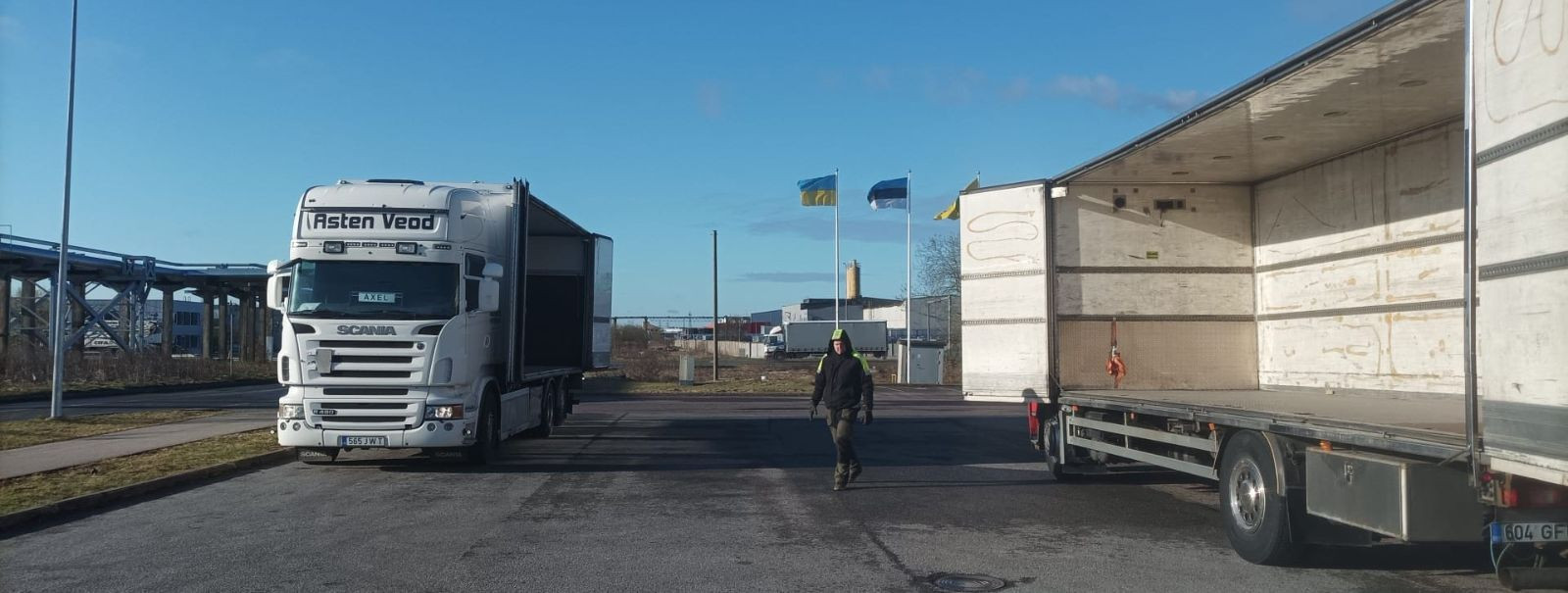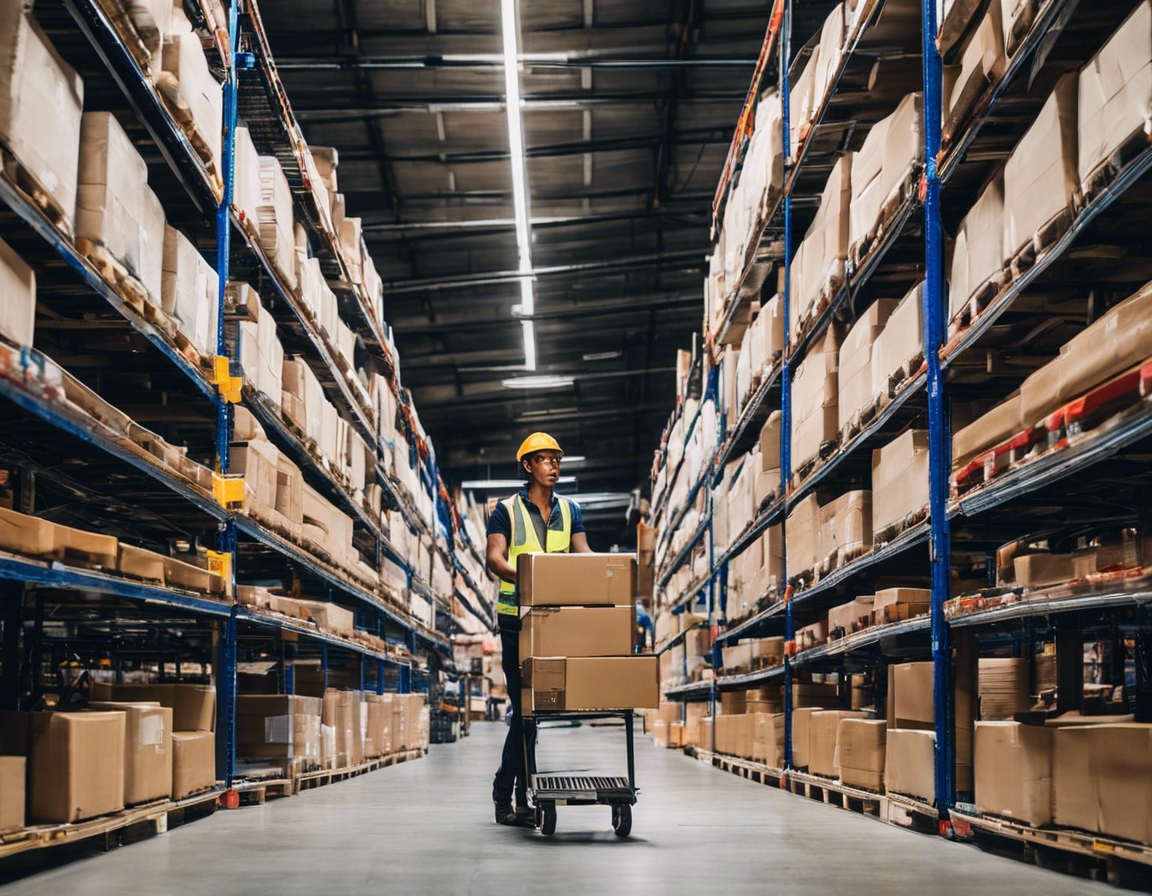The ultimate guide to choosing the right freight transport service
Before selecting a freight transport service, it's crucial to understand the specifics of your cargo. The size, weight, and type of goods you're shipping will influence the mode of transport you choose. For instance, perishable goods may require refrigerated transport, while oversized items might need special equipment for loading and unloading.
Time is often of the essence in logistics. Determine your delivery deadlines to find a service that aligns with your schedule. Whether you need same-day delivery or can afford longer transit times will affect your choice of carrier.
Some goods require extra care during transport, such as fragile items, hazardous materials, or high-value products. Ensure the freight service you choose has the capability and certification to handle your specific needs.
Exploring Different Types of Freight Transport Services
Road transport is versatile and often used for short to medium distances. It's ideal for door-to-door delivery and can be cost-effective for smaller shipments.
Rail is a great option for large, heavy shipments over long distances. It's more environmentally friendly than road transport and can reduce costs for bulk shipments.
Air freight is the fastest mode of transport, suitable for urgent or high-value shipments. However, it's also the most expensive and is typically used for smaller, lighter cargo.
Sea freight is the most economical choice for large volumes of cargo, especially for international shipping. It has longer transit times but can handle almost any type of goods.
These options combine different modes of transport to optimize cost, speed, and environmental impact. They require careful coordination but can offer the best of multiple transport methods.
Factors to Consider When Choosing a Freight Transport Company
Research the company's history and customer feedback to gauge their reliability. A reputable service provider will have a track record of timely and safe deliveries.
Compare pricing among different carriers, but also consider the value they provide. The cheapest option isn't always the best if it compromises on service quality.
Ensure the company can deliver to your required destinations. Some carriers specialize in certain regions, which can be beneficial if they align with your shipping routes.
Check the transporter's insurance policies and liability coverage. This is crucial for protecting your goods against damage or loss during transit.
A responsive and helpful customer service team is vital for addressing any issues that may arise. Good communication can also keep you informed about the status of your shipments.
Modern transport services should offer technology solutions for tracking your shipment. Real-time updates can provide peace of mind and help you manage your logistics more effectively.
Customs Clearance and International Shipping
Understanding and complying with customs regulations is essential for international shipping. Choose a freight service with expertise in customs clearance to avoid delays and penalties.
Familiarize yourself with the necessary documentation and protocols for international shipping. A knowledgeable transport service can guide you through this process.
Environmental Considerations and Sustainability
Consider the environmental impact of your shipping choices. Some companies offer greener options, such as biofuel trucks or carbon offset programs.
Look for carriers that prioritize sustainability in their operations. This can include using energy-efficient vehicles, optimizing routes, or investing in renewable energy.






Comments (0)